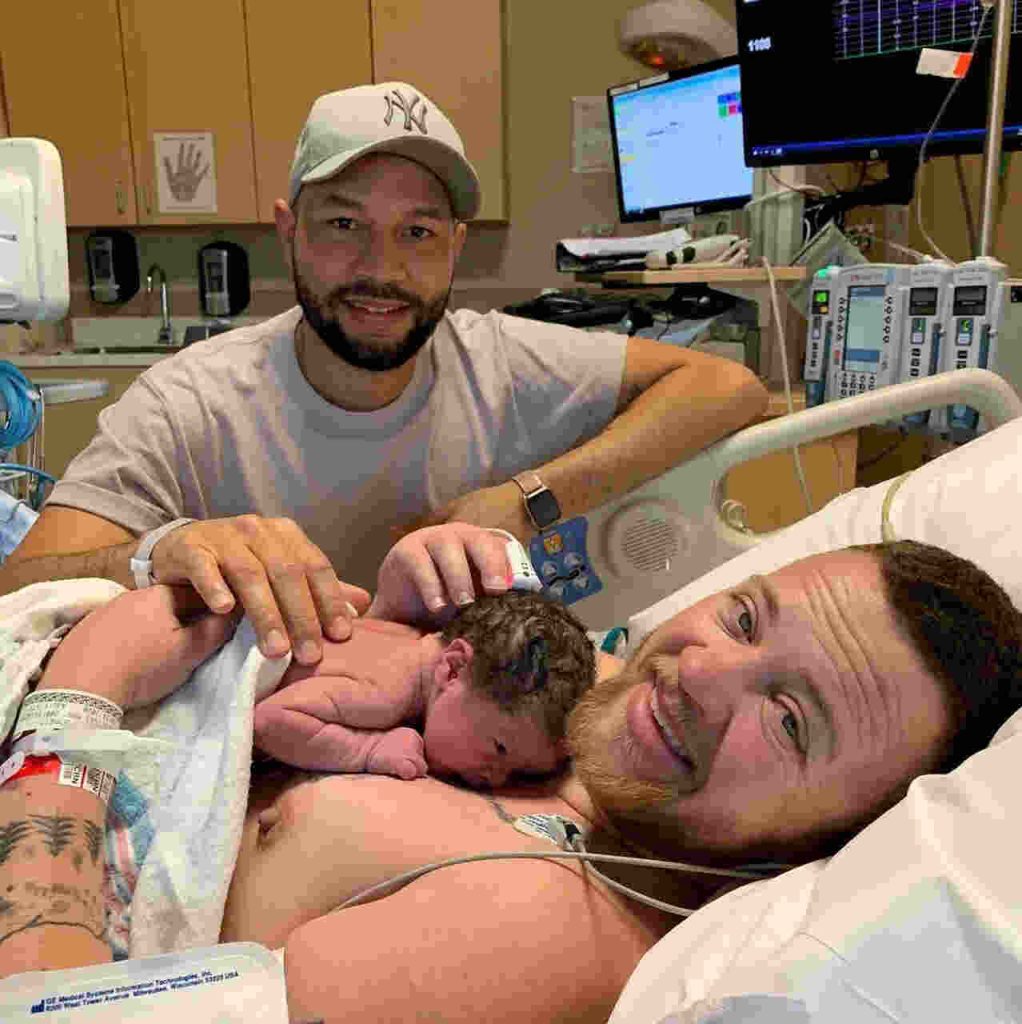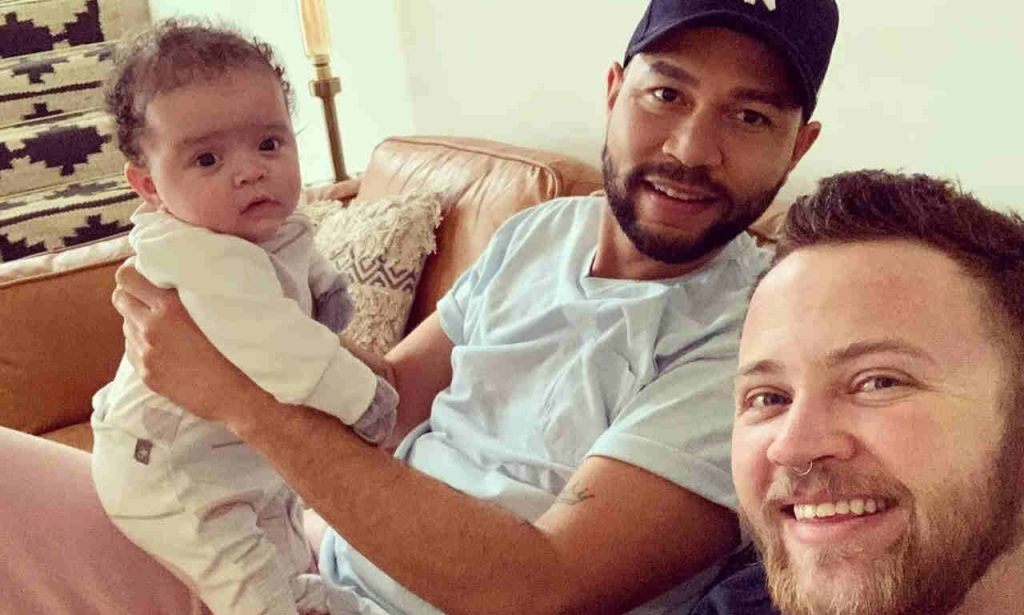The world is constantly evolving, but for some, the pace of change feels frustratingly slow. This has been especially true for many transgender individuals, who often find themselves having to continually advocate for their identities and perspectives.
Despite progress in some areas, the practice of respecting and being mindful of pronouns has yet to be universally embraced. Gender identity continues to be a point of contention, and the subject can often lead to intense debates and disagreements.

A recent example of this ongoing struggle occurred when 37-year-old Bennett Kaspar-Williams and his husband, Malik, welcomed their child, Hudson, through a cesarean section. The delivery went smoothly, with the couple feeling joy and relief at the birth of their son.
Although Kaspar-Williams identifies as male and uses he/him/his pronouns, they currently identify as non-binary and prefer they/them pronouns. However, a significant issue arose during their time at the hospital. Despite their clear identity, the nursing staff repeatedly referred to Kaspar-Williams as “mom” rather than “father,” a mislabeling that felt deeply offensive and dismissive.
Kaspar-Williams, who recognized his transgender identity in 2011 and underwent upper body surgery by 2014, made the personal decision not to alter his lower body. While he found the experience of pregnancy and childbirth fulfilling, the lack of respect for his gender identity by the medical staff was a disappointing and discouraging reminder of the challenges transgender individuals often face.

Despite clearly indicating his preferred gender on medical forms, Kaspar-Williams continued to be misgendered by the nursing staff after Hudson’s birth. This frustrating experience has fueled his determination to advocate for a more inclusive understanding that childbirth is not inherently tied to gender.
Kaspar-Williams stressed the importance of separating womanhood from motherhood, urging society to rethink how we define both. He reached out to a major news outlet to voice his discomfort with being repeatedly called “mom,” despite having provided his preferred title on the forms.
He pointed out that it’s impossible to know if having children is feasible until you attempt it—having a uterus alone doesn’t guarantee conception or a successful pregnancy. This is why we must move away from defining ‘womanhood’ strictly through the lens of ‘motherhood.’ Such a perspective creates harmful assumptions that every woman can become a mother, that all mothers give birth, or that anyone who carries a child is a mother.
This ongoing debate is likely to persist for years to come, as society continues to grapple with the complexities of gender, identity, and family.